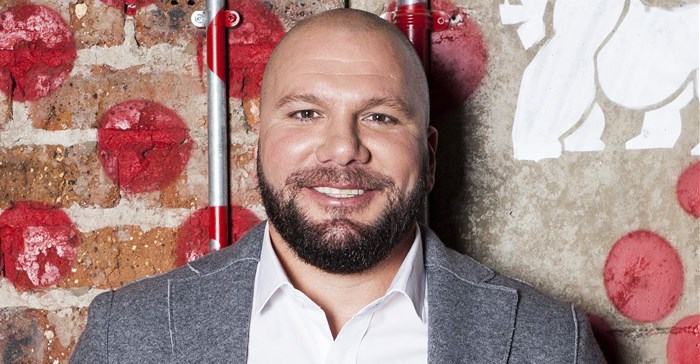
Top stories






More news


Marketing & Media
Ads are coming to AI. Does that really have to be such a bad thing?














But the new variant is unlikely to have a major impact on the South African short-term insurance industry, which is looking to grow in 2022 as demand for insurance continues to rise.
In fact, the biggest challenges facing the industry in 2022 will be non-pandemic related, says Gideon Galloway, CEO at King Price Insurance. These include staying abreast of evolving consumer preferences, the ongoing transition to hybrid work, and continuing to invest in emerging technologies.
Galloway sees four major trends that will drive – and disrupt - the industry in the new year.
Insurance has long been a grudge purchase for many consumers, but the pandemic has seen a surge in insurance cover as clients look to better manage their personal risks in an increasingly unpredictable world.
“We’re not just people who provide insurance. We’re partners to our clients. We’re key roleplayers in building resilience into our society, and as such, the industry has a massive opportunity to really build new levels of trust with its clients and stakeholders in 2022,” said Galloway.
This will see insurers working to become even more customer-centric, making it easier than ever for consumers to do business with them, and creating products that can meet rapidly-evolving market needs.
The industry as a whole has been investing heavily in technology in recent years. In 2022, digitalisation will reach new levels, with automation and artificial intelligence (AI) becoming embedded into practically every aspect of insurance operations.
“We’ve been talking about technology being the biggest disruptor in the insurance industry for some time now. This trend will grow exponentially in 2022 as insurers look to digitally transform their operations, with even more effective claims and underwriting processes, and a smoother customer experience,” said Galloway.
To hear security experts tell it, cybersecurity is a bigger threat to the world right now than Covid-19. Depending on whose numbers you believe, cybercrime cost the global economy anything between $1tn and $6tn in 2021 alone.
Why does this matter? Fact is, the cost of a cyberattack can literally put a small to mid-sized company out of business. Globally, an Inc.com study suggests that 60% of small businesses close their doors within six months of an attack.
The scary thing is that most SMBs in South Africa are totally unprepared for an attack. One survey suggests that 56% of companies do not have a plan to either prevent or respond to a cyber-incident.
Adding an extra layer of complexity is South Africa’s Protection of Personal Information Act (POPIA), which took effect on 1 July. We all know that POPIA fundamentally changes the way businesses deal with consumers’ personal information. The kicker is that if a leak occurs, companies have to disclose it immediately, and take steps to rectify the situation.
“Don’t get caught off guard. Do everything you can to ‘vaccinate’ your business against cybercrime. And have a plan in case you do get hacked. It’s the biggest risk facing our businesses right now,” said Galloway.
Changing mobility patterns
The biggest trend in vehicle insurance is not the rise of electric vehicles, but a broader shift in mobility patterns and how we own cars. People are increasingly able to get around without owning cars, especially if they live in urban areas. At the same time, younger generations simply don’t see cars as status symbols in the same way that older generations do: they see them as a way of getting from A to B.
“There’s no doubt that electric vehicles are going to become a way of life in South Africa sooner than we think. Ultimately, however, changing ownership patterns will have a greater impact on the insurance industry than electric vehicles,” said Galloway.